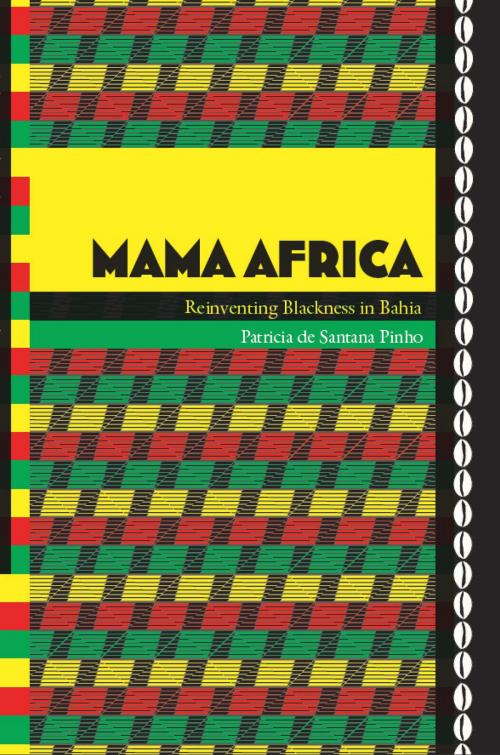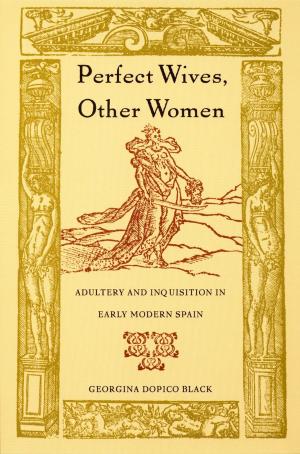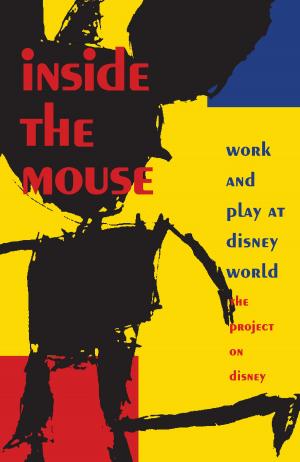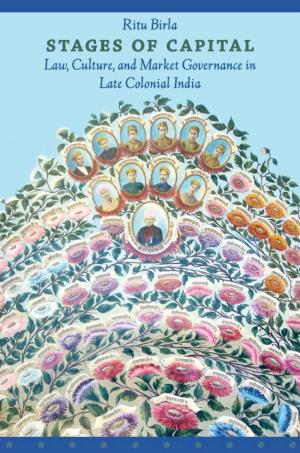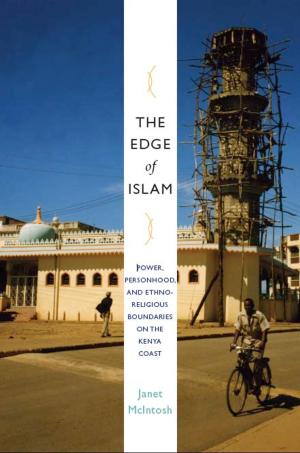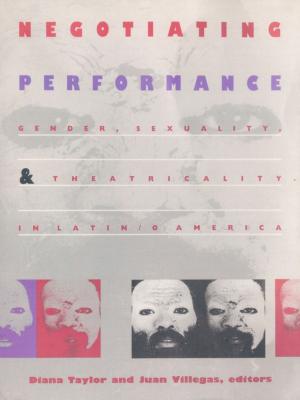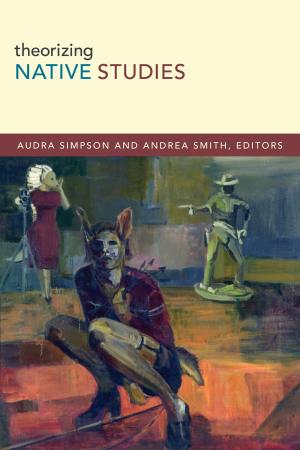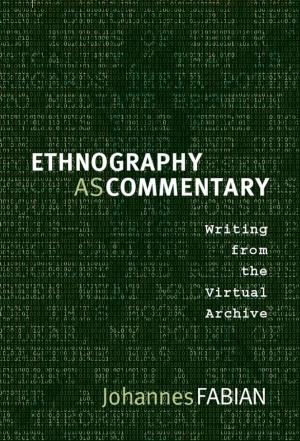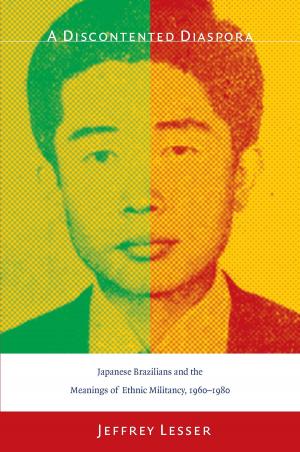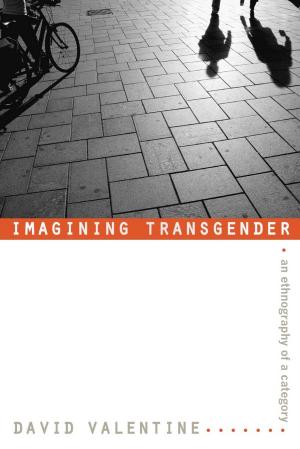Mama Africa
Reinventing Blackness in Bahia
Nonfiction, History, Americas, South America, Social & Cultural Studies, Social Science, Cultural Studies, African-American Studies| Author: | Patricia de Santana Pinho | ISBN: | 9780822391760 |
| Publisher: | Duke University Press | Publication: | January 25, 2010 |
| Imprint: | Duke University Press Books | Language: | English |
| Author: | Patricia de Santana Pinho |
| ISBN: | 9780822391760 |
| Publisher: | Duke University Press |
| Publication: | January 25, 2010 |
| Imprint: | Duke University Press Books |
| Language: | English |
Often called the “most African” part of Brazil, the northeastern state of Bahia has the country’s largest Afro-descendant population and a black culture renowned for its vibrancy. In Mama Africa, Patricia de Santana Pinho examines the meanings of Africa in Bahian constructions of blackness. Combining insights from anthropology, sociology, and cultural studies, Pinho considers how Afro-Bahian cultural groups, known as blocos afro, conceive of Africanness, blackness, and themselves in relation to both. Mama Africa is a translated, updated, and expanded edition of an award-winning book published in Brazil in 2004. Central to the book, and to Bahian constructions of blackness, is what Pinho calls “the myth of Mama Africa,” the idea that Africa exists as a nurturing spirit inside every black person.
Pinho explores how Bahian cultural production influences and is influenced by black diasporic cultures and the idealization of Africa—to the extent that Bahia draws African American tourists wanting to learn about their heritage. Analyzing the conceptions of blackness produced by the blocos afro, she describes how Africa is re-inscribed on the body through clothes, hairstyles, and jewelry; once demeaned, blackness is reclaimed as a source of beauty and pride. Turning to the body’s interior, Pinho explains that the myth of Mama Africa implies that black appearances have corresponding black essences. Musical and dance abilities are seen as naturally belonging to black people, and these traits are often believed to be transmitted by blood. Pinho argues that such essentialized ideas of blackness render black culture increasingly vulnerable to exploitation by the state and commercial interests. She contends that the myth of Mama Africa, while informing oppositional black identities, overlaps with a constraining notion of Bahianness promoted by the government and the tourist industry.
Often called the “most African” part of Brazil, the northeastern state of Bahia has the country’s largest Afro-descendant population and a black culture renowned for its vibrancy. In Mama Africa, Patricia de Santana Pinho examines the meanings of Africa in Bahian constructions of blackness. Combining insights from anthropology, sociology, and cultural studies, Pinho considers how Afro-Bahian cultural groups, known as blocos afro, conceive of Africanness, blackness, and themselves in relation to both. Mama Africa is a translated, updated, and expanded edition of an award-winning book published in Brazil in 2004. Central to the book, and to Bahian constructions of blackness, is what Pinho calls “the myth of Mama Africa,” the idea that Africa exists as a nurturing spirit inside every black person.
Pinho explores how Bahian cultural production influences and is influenced by black diasporic cultures and the idealization of Africa—to the extent that Bahia draws African American tourists wanting to learn about their heritage. Analyzing the conceptions of blackness produced by the blocos afro, she describes how Africa is re-inscribed on the body through clothes, hairstyles, and jewelry; once demeaned, blackness is reclaimed as a source of beauty and pride. Turning to the body’s interior, Pinho explains that the myth of Mama Africa implies that black appearances have corresponding black essences. Musical and dance abilities are seen as naturally belonging to black people, and these traits are often believed to be transmitted by blood. Pinho argues that such essentialized ideas of blackness render black culture increasingly vulnerable to exploitation by the state and commercial interests. She contends that the myth of Mama Africa, while informing oppositional black identities, overlaps with a constraining notion of Bahianness promoted by the government and the tourist industry.
